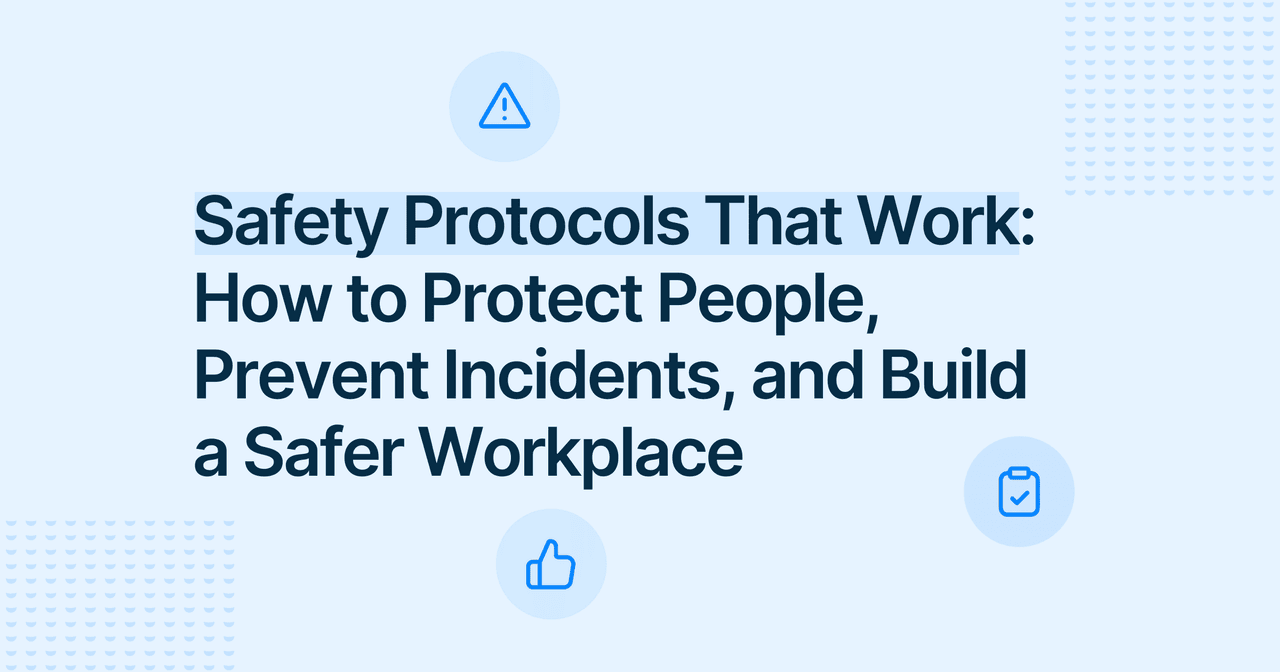Protecting Whistleblowers Pays Off Handsomely for Companies
Whistleblowing
Published
2022-03-29
Reading time
3 min


Table of contents
Subscribe to our newsletter
According to the EU Whistleblowing Directive, all companies in the EU with more than 50 employees must introduce an internal reporting channel to provide protection for whistleblowers.
Whistleblowers will be able to share their suspicions of corruption and other similar risks that they have encountered through their work activities with an authorised individual.
The EU Whistleblowing Directive sets out rules and procedures to protect whistleblowers, i.e. employees who report information pertaining to breaches of EU law obtained in a work-related context. The directive covers a range of potential rule breaches, various people working in both the private and public sector, and complements existing EU whistleblowing legislation.
Why is whistleblowing important
Whistleblowing is important for companies and their employees because it can reveal corruption, fraud and unethical behavior. With whistleblowing, you can protect your company from reputational risks and other issues that can escalate and become public.
“Whistleblowing is a relatively new concept for many European companies, yet in the West it’s considered to be one of the most effective ways that companies can protect their reputations, employees, assets, and company culture.”
According to last year’s global study by ACFE, as much as 43% of fraud detection originates in reporting, which is three times more than in internal auditing. This not insignificant figure is compounded by the fact that the average European firm loses 5% of its annual revenue due to internal fraud.
Whistleblowing as prevention
Besides the detection of fraud, a properly set up whistleblowing system helps to establish a positive company culture, fosters trust in the organisation, builds employee loyalty, and protects the company’s reputation. Last but not least, the existence of such a system can have a preventative effect.
Whistleblowing doesn’t just have to be a means of reporting misconduct. More and more companies treat it as a benefit for employees who can safely and anonymously flag anything that is difficult to raise in person. This embeds a culture of openness and, more significantly, reduces employee turnover. There is a good reason why it is said that all the free company breakfasts in the world can’t compare with the message a company’s management sends its employees.
The imperative of listening to employees is underlined by other studies which say that:
- 43% of employees are unhappy or demotivated at work
- One in five leave due to better and fairer treatment
- In addition, 23% of employees have experienced bullying in the workplace and 38% of women have been sexually harassed.
All of these problems could be avoided if a company’s management sent a clear signal to their employees that their views and concerns mattered and could be shared without fear of the consequences. Even if there is a culture of openness within a company, there are still issues which are difficult to talk about in person.
Suggestion boxes and telephone hotlines no longer cut it
Until recently some companies used a physical trust box or a telephone hotline for whistleblowing. However, such tools attract criticism not just because employees are embarrassed to use them but because they don’t fulfill the requirements set out by the new directive. Therefore, more and more companies are turning to modern online solutions such as the FaceUp whistleblowing platform, which offers whistleblowers anonymity and allows for further communication by chat where any enquiries can be made and all complaints can be resolved.
It is precisely this type of reporting channel which sets apart the companies who want to meet their employees’ needs and treat the law as an opportunity. Their employees will then back this up. There is a big difference between companies who only pay lip service to whistleblowing and those who introduce a secure, user-friendly platform which sends a clear signal to their employees that they can raise concerns without fear.
We would be happy to answer all of your questions about whistleblowing. Let's talk.
Keep Reading

Alaa El-Shaarawi2026-02-108 min
Employment Law Violations: Common Cases, Legal Risks, and How to Report Them
Legal & Compliance

Alaa El-Shaarawi2026-02-098 min
Physical Safety in the Workplace: PPE, Risk Prevention, and Legal Responsibilities
Workplace Environment

Marie Roland2026-02-033 min
Transform HR Operations and Employee Engagement with Rippling + FaceUp
Workplace Environment

Alaa El-Shaarawi2026-02-029 min
Safety Protocols That Work: How to Protect People, Prevent Incidents, and Build a Safer Workplace
Workplace Environment


